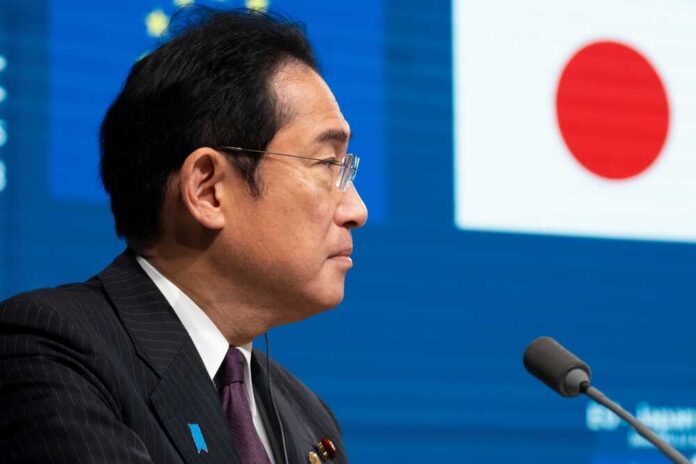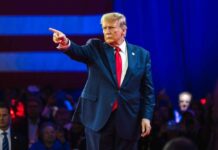Presidents Joe Biden and Xi Jinping of China had a phone conversation about security, AI, and Taiwan to show that they are getting back into the habit of having frequent leader-to-leader conversations.
The White House characterized the chat as candid and constructive. It was the first time the leaders had spoken since their meeting in California in November. This was the first phone conversation between the two countries presidents since their meeting in November, which led to closer military relations and a pledge to work together more effectively to stop the import of fentanyl and its metabolites from China.
Biden has advocated for constant communication between the two administrations at all levels to prevent the two superpowers’ economic rivalry from becoming a full-blown war. Beijing and Washington acknowledge the benefits of more regular meetings between the heads of state.
The island’s president-elect, Lai Ching-te, has promised to protect its de facto independence from China and bring it closer to other democracies; hence, this appeal was made before his inauguration next month. In his speech, President Biden restated America’s long-standing “One China” policy and made it clear that Washington opposes using force to subjugate Taiwan to China. The mainland Chinese government has vehemently opposed American backing for Taiwan, seeing the issue as an internal affair.
Last month, Biden voiced his displeasure with China’s actions in the South China Sea, particularly its attempts to prevent the Philippines from resupplying its Marines on the contested Second Thomas Shoal.
At a joint summit next week, Biden will welcome President Ferdinand Marcos Jr. of the Philippines and Japanese Prime Minister Fumio Kishida to the White House. The topic for the meeting is expected to center on China’s influence in the region.
For the 2024 U.S. elections and the continuation of malevolent cyberattacks on vital American infrastructure, Biden reaffirmed his warnings to Xi against interference. He went on to voice his disapproval of China’s human rights record, citing examples such as the new national security legislation in Hong Kong and its treatment of minority groups.
Continuing to restrict the transfer of some sophisticated technologies to China is one way that Biden expressed worry over China’s “unfair economic practices” and reaffirmed the United States’ commitment to protecting its security and economic interests.


















